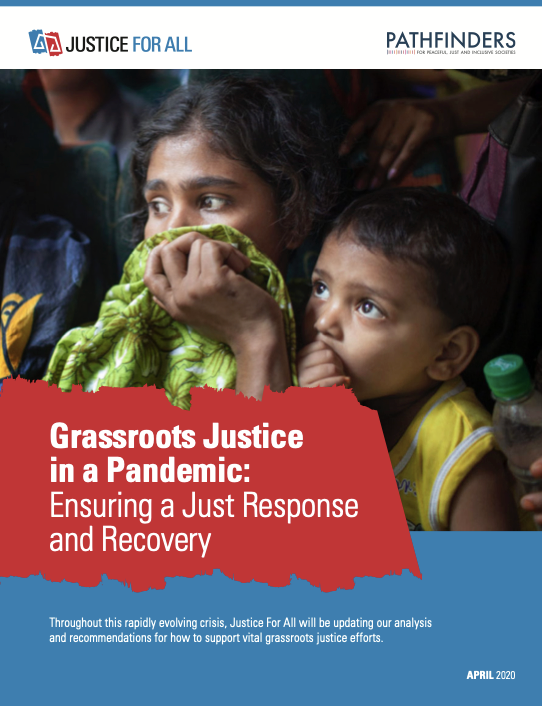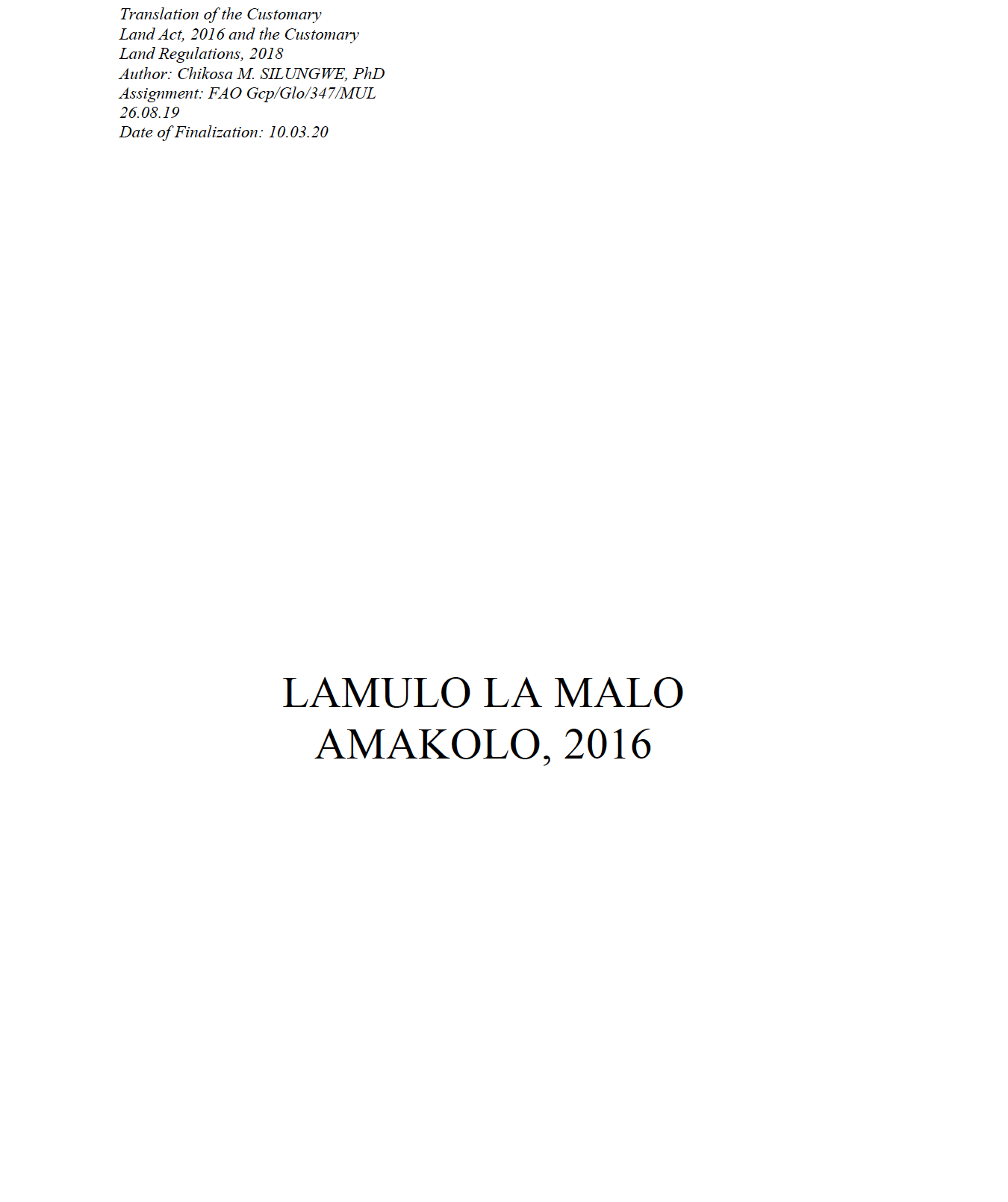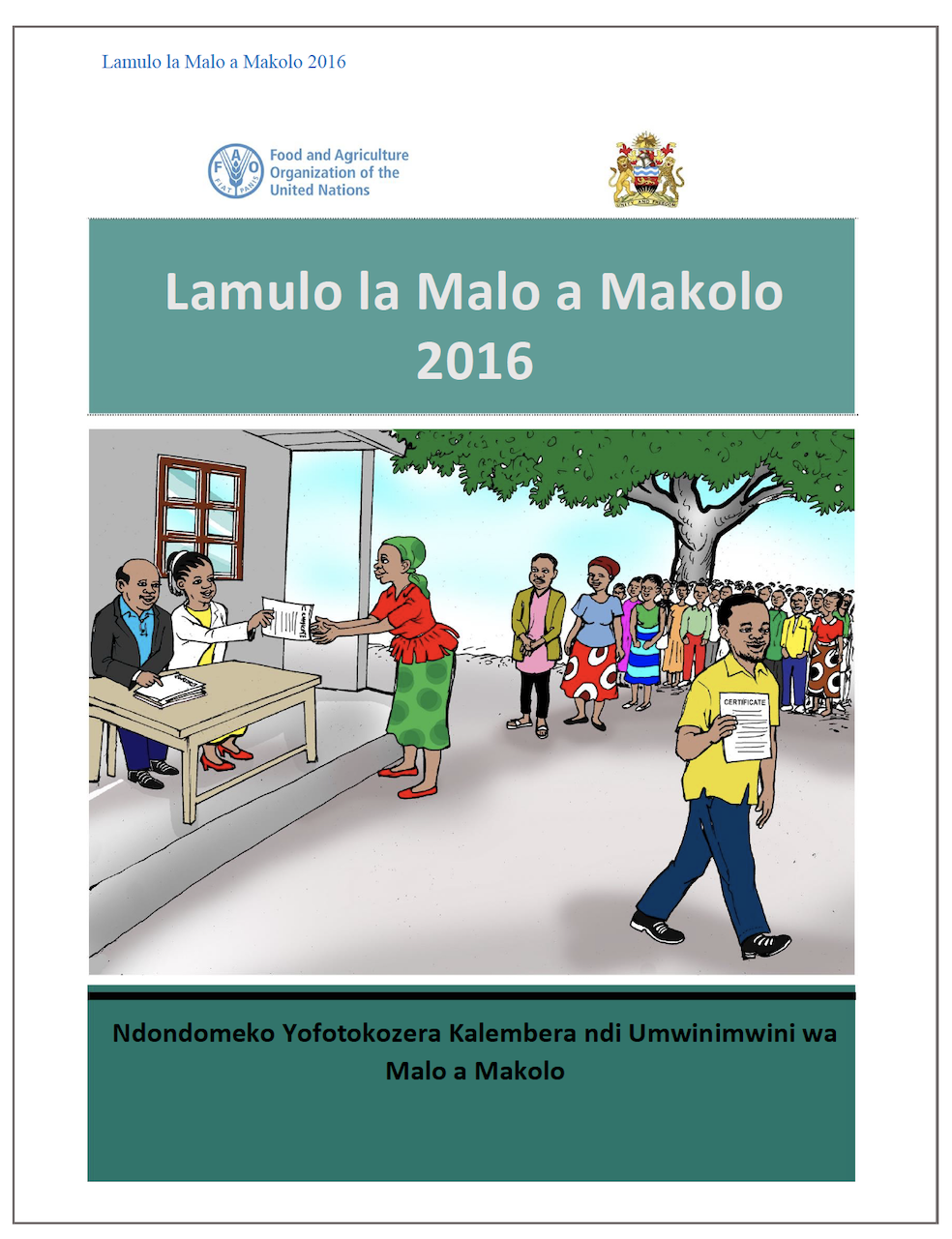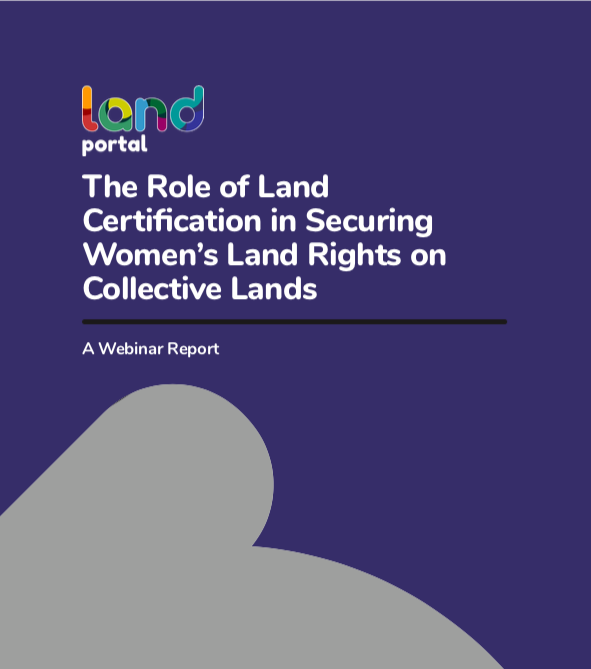BTI 2020 Country Report Sri Lanka
The period under review covers 20 months under a coalition government, a constitutional crisis and a few months when the president and the prime minister, leading different political parties, jockeyed for position. There was little political progress under the coalition government. The Office of Missing Persons was set up to investigate extra-legal disappearances and initiated some investigations. Parliament approved legislation to set up the Office of Reparations, but this is yet to be operationalized.










